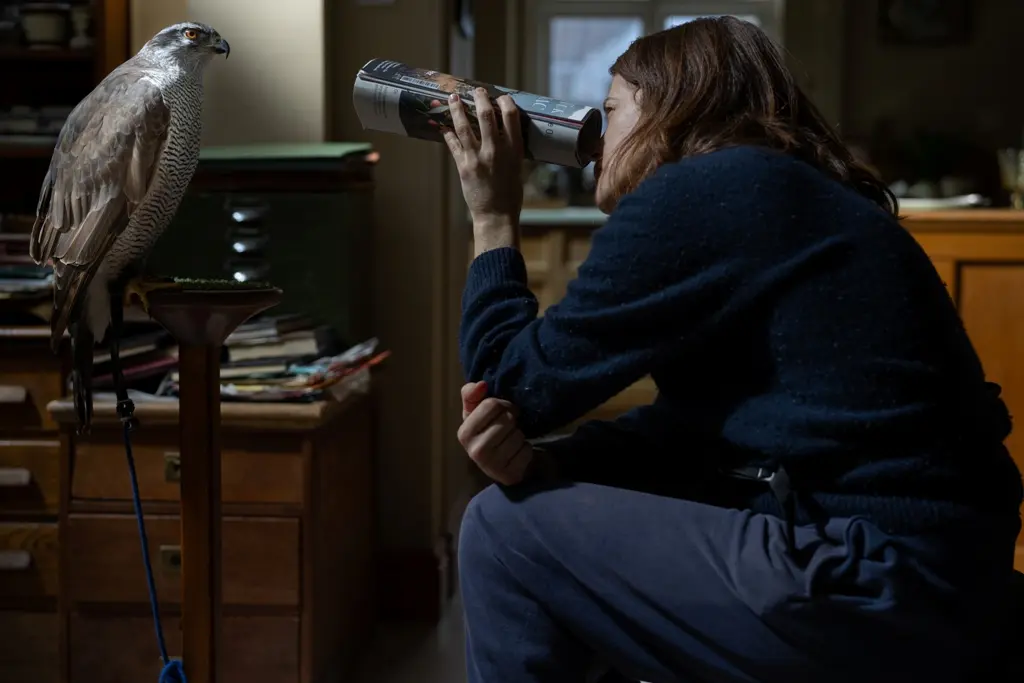Dame Maggie Smith, the renowned and versatile British actress, died on Sept. 27 of undisclosed causes at the age of 89 at London’s Chelsea and Westminster Hospital.
Smith’s career spanned seven decades. She won awards in every major performance medium (with the exception of the Grammys) while gaining the respect and adulation of critics, audiences, and her peers the world over.






